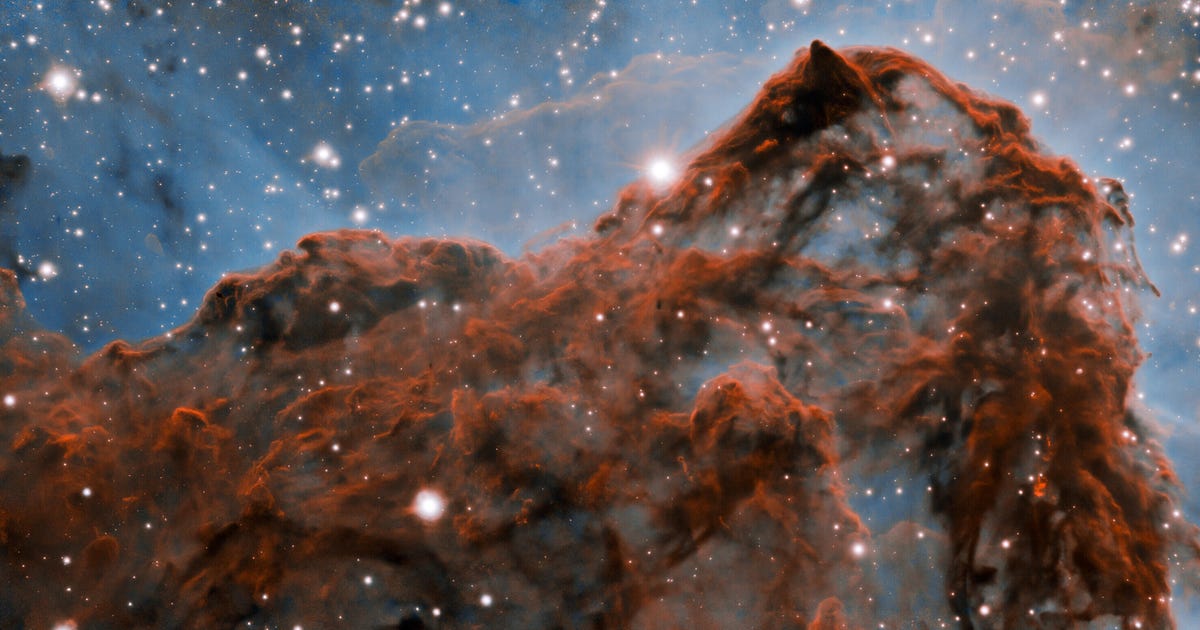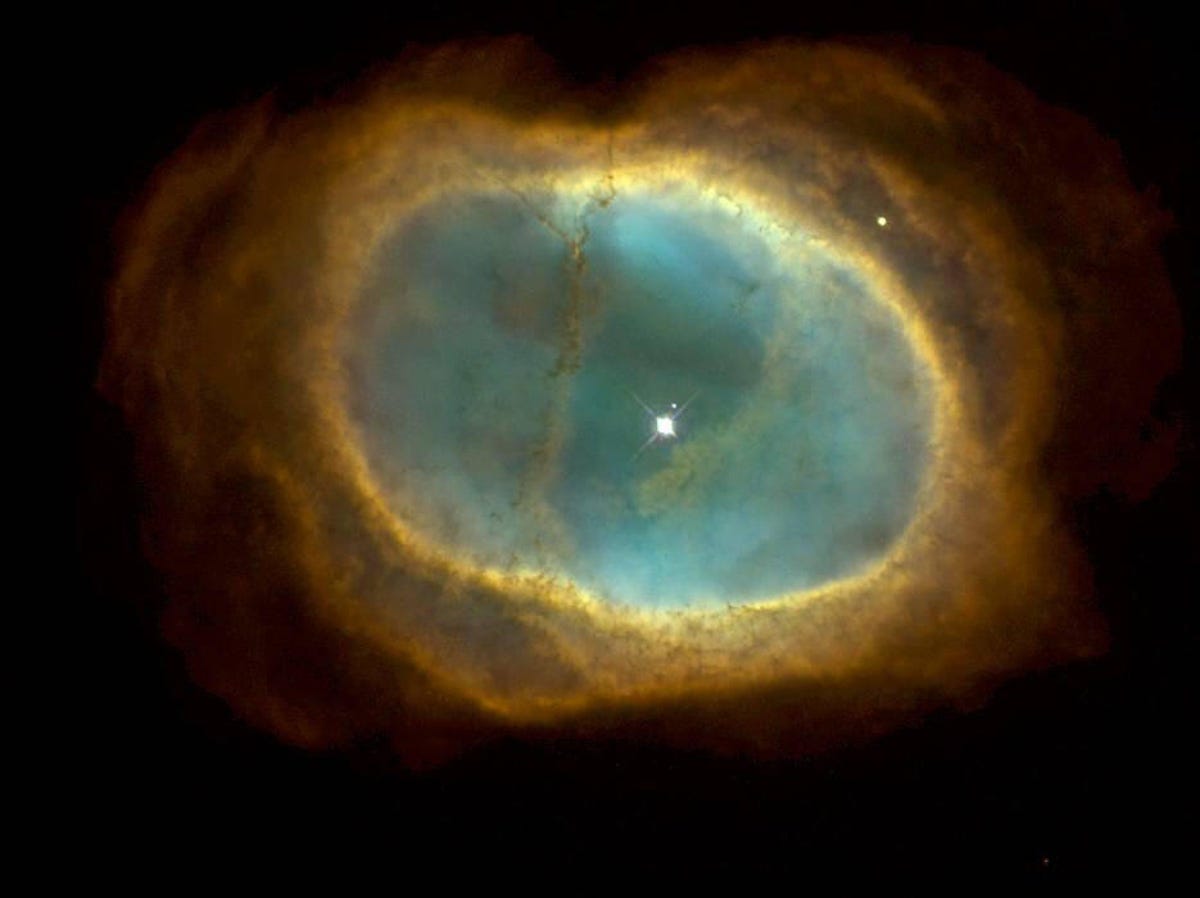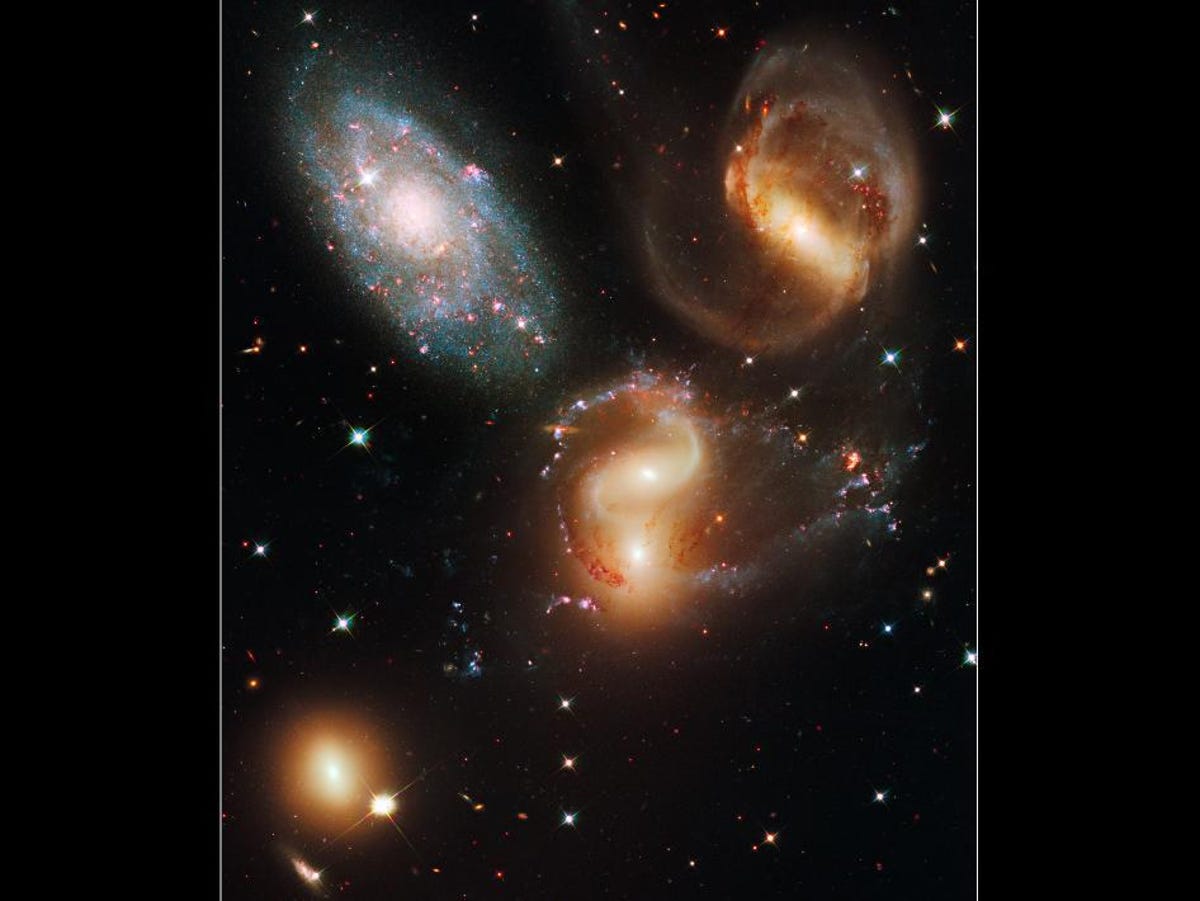
New M2 MacBook Pros to Enter Production Soon, Analyst Predicts
Apple will include its new M2 processor in upcoming 14-inch and 16-inch models of the MacBook Pro, which will hit production in the coming weeks, Ming-Chi Kuo, an Apple analyst known for his reliable predictions, said Monday.
Apple revealed the M2 chip at WWDC in June, saying the new chip would be an upgrade from the M1, which marked a new era for the company as it transitioned away from Intel processors for its computers. So far, Apple has released its 13-inch MacBook and MacBook Air using the newest chip, but it didn't provide details on when its larger MacBook Pros with the M2 processor would start rolling out.
Kuo tweeted that production will happen in the fourth quarter of 2022. But it's not clear if he's referring to Apple's fiscal fourth quarter that ends in September -- or to chipmaker Taiwan Semiconductor Manufacturing Company's fourth quarter that ends in December. In July, a Bloomberg newsletter predicted that the new MacBooks would launch in fall 2022 or spring 2023, as reported by 9to5Mac.
The M2 processor is 18% faster than the M1 while not affecting battery life. The M2 also features a memory boost of 24GB, up from 16GB.
Apple's next event is set for Sept. 7 , which may be when the company shows off the larger MacBook Pros and the iPhone 14.
Apple didn't respond to a request for comment.
§
Apple has set the date for its latest iPhone's debut. The new device, which is expected to be called the iPhone 14 and include an always-on display, will be unveiled on Sept. 7 at 10 a.m. PT (1 p.m. ET). Rumors suggest the new iPhone lineup will nix the Mini in favor of a new Max model, joining the rumored iPhone 14 Pro and iPhone 14 Pro Max, and potentially increase the price by about $100 over last year's. Apple may also have plans to excise the iPhone 14's notch in favor of a hole-and-pill-shaped front camera, at least for the Pro models.
In addition to the iPhone 14, Apple's may also use the event to unveil the Apple Watch Series 8, which will reportedly look similar to last year's model but have more health features such as a fever sensor, as well as improved durability.
The tech giant has invited press to its Apple Park headquarters in California for the event, though it'll also offer a livestream on Apple.com and other streaming services. As is typical, Apple didn't say much in its invitation about its upcoming iPhone event. The invitation shows an Apple logo seemingly set in a night sky, suggesting potential camera improvements or last year's rumored satellite emergency calling. The image looks like something we might see from the James Webb Space Telescope, whose stunning photos have already begun changing how we see the cosmos since first being released earlier this summer. In its announcement, Apple included the teaser words "Far out."
Read more: How to Watch the iPhone 14, Apple Watch Series 8 Launch
The new features for both the iPhone 14 and Apple Watch 8 may help Apple stand out from Samsung and other device makers during what is expected to be heightened competition this year. People have been cutting back on tech purchases, leading to surprisingly low sales reports from chipmaker Intel, as well as sudden ad business shortfalls for Google parent Alphabet and Facebook parent Meta. And they're not alone.
Our collective confidence in the economy has fallen through the floor, thanks to the ongoing coronavirus pandemic mixed with continual inflation and a looming recession. One survey from the University of Michigan found that consumer sentiment is at its lowest point in at least 70 years.
That means Apple will have to fight even harder to win over new iPhone owners. Samsung, for its part, made Apple's job a little easier by announcing its flagship Galaxy Z Fold 4 and Galaxy Z Flip 4 at their standard prices of $1,800 and $1,000, respectively, earlier this month. It also raised the prices of its Galaxy Watch 5 and Galaxy Buds 2 Pro by $30 apiece.
Apple so far isn't acting worried. Over the past couple of years, Apple's notched its biggest revenue and profits each holiday shopping season, largely on the popularity of 2021's iPhone 13 and 2020's iPhone 12. Apple CEO Tim Cook has previously cited the advanced cameras, long battery life and well-regarded software as reasons people continue choosing iPhones. But he also said that 5G, the super-fast wireless technology Apple began using two years ago, is likely to push even more people to upgrade.
"5G has been an accelerant," he said when speaking to investors on a conference call last month. He added that although the technology is spreading through some places, like China, the EU and US, other parts of the world haven't begun using it as much. And so as 5G expands, he said, "I think there's reason to be optimistic."
While the iPhone will be a key product we see at Apple's event this year, and likely what most people focus their attention on, the company's expected to have other devices to show off. Those include new Mac computers with upgraded chips and new iPads.
Source
Tags:
- New M2 Macbook Pros To Enter Production Soon Analyst Job
- New M2 Macbook Pros To Enter Production Soon Analyst Definition
- New M2 Macbook Pros To Enter Production Soonercare
- New M2 Macbook Pros To Enter Production Soona
- New M2 Macbook Pros To Enter Production Soon And Very Soon
- New M2 Macbook Pros To Universal Healthcare
- New M2 Bmw






